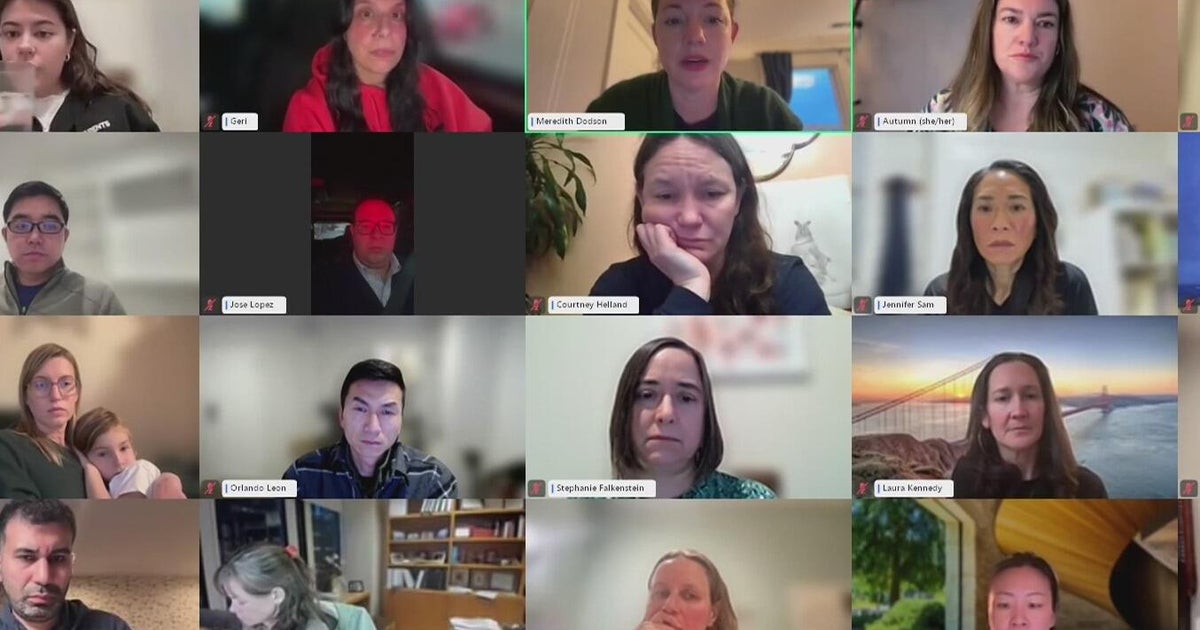How to talk to your children about mass school shootings
NORTH TEXAS (CBSDFW.COM) - Many parents and caregivers are struggling this week with how to talk to their children about what happened in Uvalde.
Some have already been fielding questions from their kids about the mass shooting, while others are unsure if bringing it up will make them feel worse.
"We need to make sure that kids feel secure and safe despite what's going on around them," said Dr. Daniel Guzman, an emergency room physician at Cook Children's Medical Center. "That was my job yesterday, trying to do that for my own kids."
Psychologists say open, honest conversations can actually reduce fear.
"It's always better to address the subject directly rather than avoid it," said Dr. Lisa Elliott, neuro-psychologist and manager of Cook Children's Behavioral Health Clinic. "Be willing to start that conversation even if they don't."
The first thing you should do is ask them what they've heard and how they're feeling about it.
Based on their response, you can give them reassuring facts about their safety, like explaining the security protocols their school has in place if you know them.
"Always be truthful because they're going to test that," Dr. Elliott said. "They need that foundation of trust."
Make sure the conversation is age appropriate.
For younger kids, Dr. Elliott recommends keeping it simple and brief. Answer questions truthfully but don't overload them with too much information.
"We said, there unfortunately are bad people in the world that and bad tragic events happen," Dr. Guzman said, describing the conversation he had with his younger children. "It doesn't mean that you're not safe or that we're not doing everything we can either at home or at school to keep you safe."
Experts also recommend limiting your child's exposure to the news and social media right now because it can cause secondary trauma.
"I think parents need to be highly informed," said Dr. Elliott. "They need to stay on top of this. They need to directly ask their children what are they seeing, and it's okay to ask your child to show them what they're seeing and be able to talk about that openly."
In response to this event, some children might experience changes in their typical sleep patterns, their appetite, or their mood, like irritability or a loss of interest in things they usually enjoy.
Dr. Elliott urges parents to watch closely for those changes and seek professional help if they last more than two weeks.







